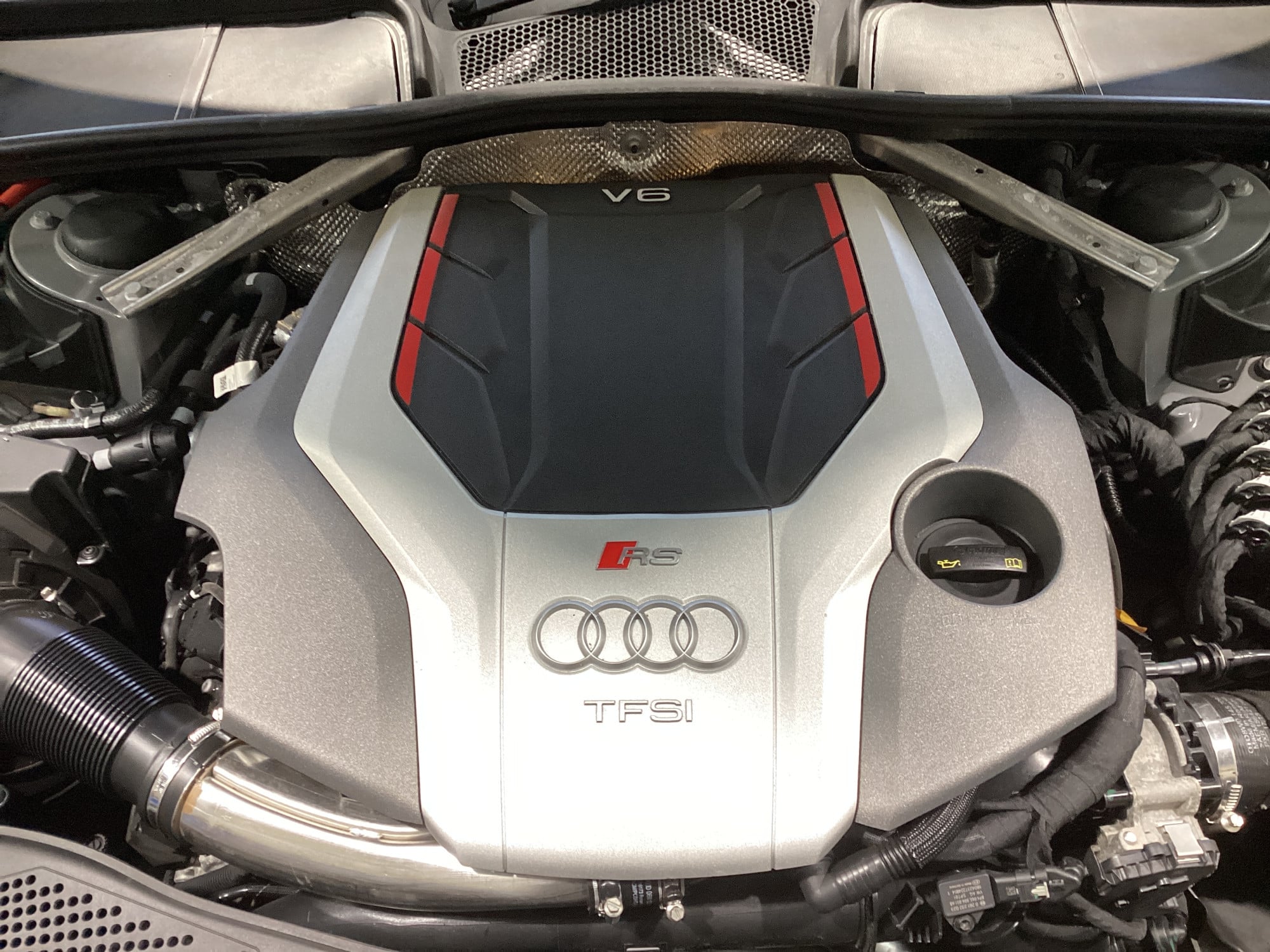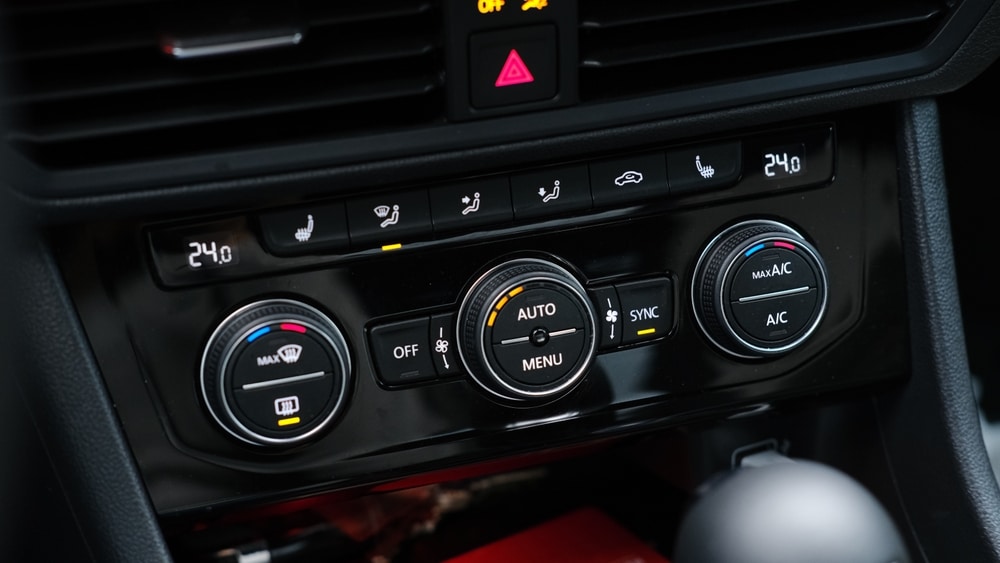Mercedes DPF Problems
Is your Mercedes showing a DPF warning light? Has your car started feeling less powerful when you press the accelerator? These are signs that your DPF might need attention. By catching these problems early, you can be saved from bigger headaches later.
Think of your DPF (Diesel Particulate Filter) as a special filter that catches and removes harmful particles from your diesel engine’s exhaust. It’s one of your engine’s most important parts, and when it gets clogged or stops working properly, it can lead to expensive engine damage. That’s why it’s so important to get help quickly if you notice any DPF warning signs.
At Quality Car Service in Milton Keynes, we help Mercedes owners every day with DPF problems. With {{review-count}} customer reviews backing our expertise, we’ve written this guide to help you spot problems early and understand what to do about them.

What Does Your Mercedes DPF Actually Do?
Your Mercedes DPF works like a super-fine filter that cleans harmful particles from your exhaust gases. It catches tiny bits of matter (often called ‘soot’ because that’s easier to understand) that would otherwise go into the air.
This filter is incredibly good at its job – it catches 95% of these tiny particles. To give you an idea of how fine this filter is, it can catch particles that are one-hundredth the width of a human hair. That’s what makes Mercedes engineering so impressive.
But here’s the thing – unlike the air filter in your vacuum cleaner that you just replace when it’s full, your DPF needs to clean itself. This self-cleaning process (called regeneration) keeps your car running well and helps protect the environment.
How Your DPF Cleans Itself
Your DPF has two ways of cleaning itself. Understanding both helps explain why certain types of driving can cause problems.
Passive Regeneration: The Natural Process
The first type happens naturally during longer drives on motorways and main roads. When you maintain steady speeds, your exhaust temperature reaches between 350-500°C. At these temperatures, the trapped particles react with oxygen and turn into carbon dioxide gas, which then leaves through your exhaust.
This process works automatically when conditions are right. That’s why including regular longer journeys at steady speeds helps keep your Mercedes’s DPF working properly.
Active Regeneration: The Managed Process
The second type starts when your Mercedes detects the DPF is getting too full. Your car’s computer changes the fuel injection timing and quantity to increase exhaust temperatures to around 500-600°C.
This cleaning cycle needs about 10-15 minutes of steady driving to complete successfully. If you have to keep stopping and starting, or make very short journeys, the regeneration might not finish properly – and that’s when problems can start.
Common DPF Problems We See
At Quality Car Service, we often help Mercedes owners with these DPF issues:
- Too Many Short Trips
- Short journeys mean your exhaust stays too cool for passive regeneration
- Active regeneration cycles get interrupted before they can complete
- This leads to particles building up faster than they can be removed
- Wrong Oil or Oil Problems
- Using the wrong type of engine oil can stop your DPF from working properly
- We always use the exact oil Mercedes says your car needs
- We follow Mercedes’ service schedule to prevent problems
- Interrupted Cleaning Cycles
- If the cleaning process keeps getting interrupted, the filter gets clogged
- This makes your DPF work less effectively
- You’ll need expert help to get things working properly again
Warning Signs to Watch For
Dashboard Warnings
The most obvious sign is a warning light on your dashboard. It usually looks like a filter with particles and starts as an amber (orange) light that might be steady or flashing.
This early warning is your car asking for help. Don’t wait for it to turn red – by then, you might have missed the chance to fix things more cost effectively.
Changes in How Your Car Drives
Look out for these signs:
- Car feels less powerful when you accelerate
- Engine sounds rough when idling
- Changes in the exhaust smoke you can see
What to Do When You Notice Problems
If you spot any of these signs:
- Check what your Mercedes handbook says
- Write down when you notice the problems happening
- Ring us at Quality Car Service on 01908 376555 for expert advice
How to Protect Your Mercedes DPF
Preventing problems is always cheaper than fixing them. A well-maintained DPF helps your car run better and saves you money on repairs.
- Think About How You Drive
- Try to include some longer drives if you can, this will create the conditions needed for regeneration to take place
- Pay attention to warning lights
- Keep Up with Service Schedules
- Get regular services when they’re due
- Make sure the right engine oil is used
- Don’t Ignore Warning Signs
- Take warning lights seriously
- Notice if your car starts feeling different
- Ask for help if you’re not sure about something
Why Choose Quality Car Service?
Here’s why Mercedes owners trust us:
- We’re Mercedes experts who know DPFs inside out
- You get main dealer knowledge without main dealer prices
- {{review-count}} customers have reviewed our work
Get Expert Help Today
Don’t wait until DPF problems get worse. Ring Quality Car Service today on 01908 376555 to talk to our Mercedes experts. We’ll help keep your car running at its best.



